KS3 planning (general)
There are many different issues, both practical and pedagogical, subject specific, school-wide and national that must be considered in any teachers’ planning. In this section you will find research, articles, guides and resources that will support you to develop your planning as it relates to teaching history and helping pupils to make progress.
Sort by:
Date (Newest first) | Title A-Z
Show:
All |
Articles |
Podcasts |
Multipage Articles
-
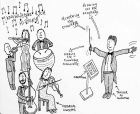
Conducting the orchestra to allow our students to hear the symphony
ArticleClick to view -
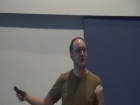
Film: Making an effective History curriculum
ArticleClick to view -

Questions to help you review your KS3 curriculum
ArticleClick to view -

How should women’s history be included at Key Stage 3?
ArticleClick to view -

How diverse is your history curriculum?
ArticleClick to view -

Redesigning the curriculum: a short guide for the new, novice or nervous
ArticleClick to view -
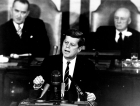
'But why then?' Chronological context and historical interpretations
ArticleClick to view -
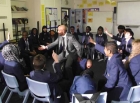
'Doing justice to history': the learning of African history in a North London secondary school
ArticleClick to view -
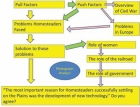
An attempt to make Year 9 Masters of Learning
ArticleClick to view -

Animated Guide: Become a Museum Curator
Multipage ArticleClick to view -

Anything but brief: Year 8 students encounter the longue durée
ArticleClick to view -
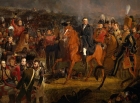
Assessing the Battle of Waterloo in the classroom
ArticleClick to view -
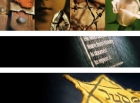
Being historically rigorous with creativity
ArticleClick to view -
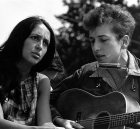
Bob Dylan and the concept of evidence
ArticleClick to view -
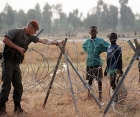
Bringing Rwanda into the classroom
ArticleClick to view -

Broadening and deepening narratives of Benin for Year 8
ArticleClick to view -
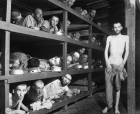
Can we educate Year 9 in genocide prevention?
ArticleClick to view -

Challenging not balancing: developing Year 7's grasp of historical argument through online discussion and a virtual book
ArticleClick to view -
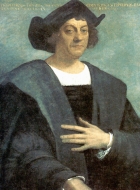
Combating a Cook-centric past through co-curricular learning
ArticleClick to view -

Communicating about the past: Resource A
ArticleClick to view

